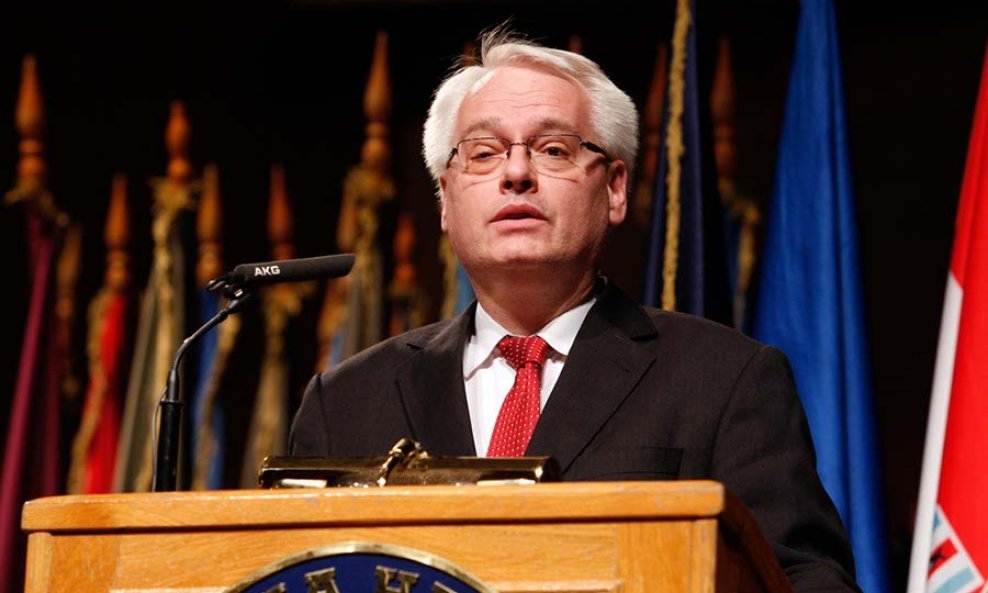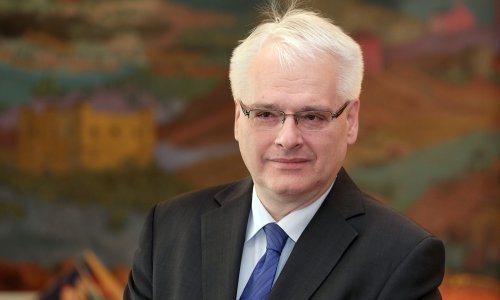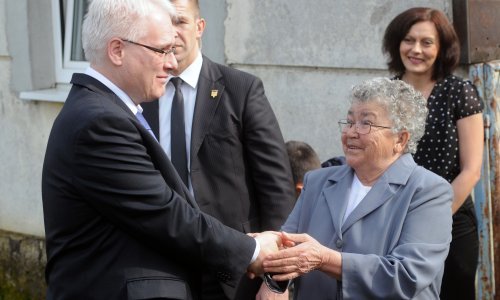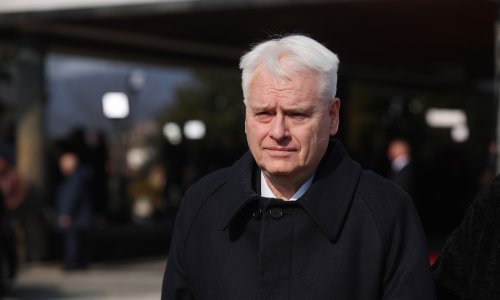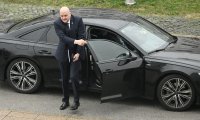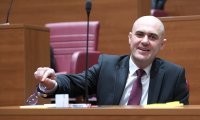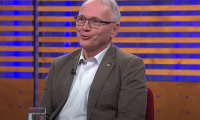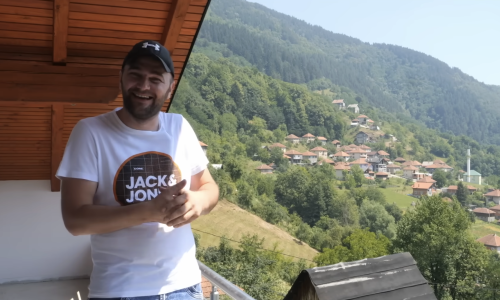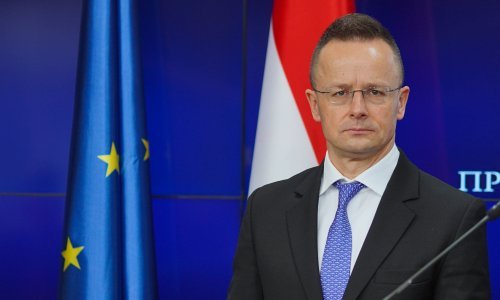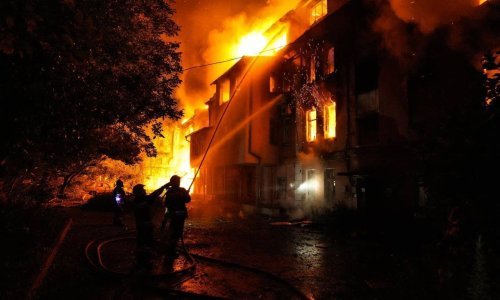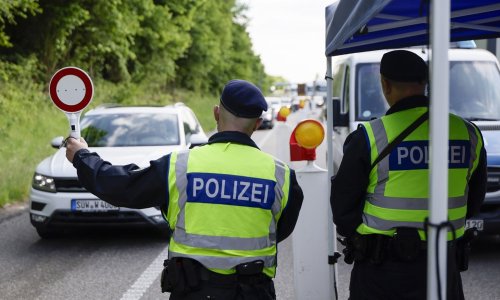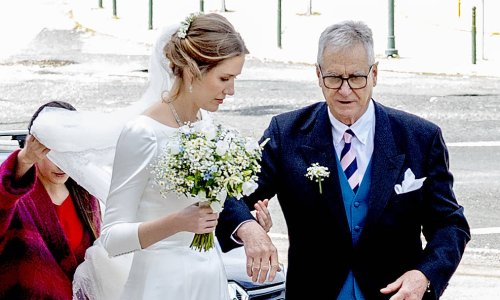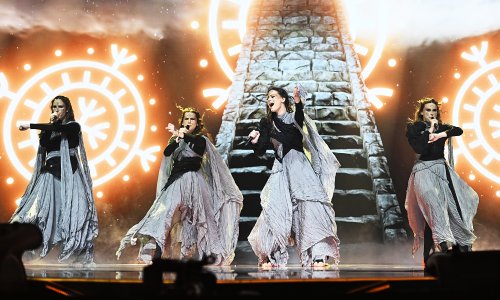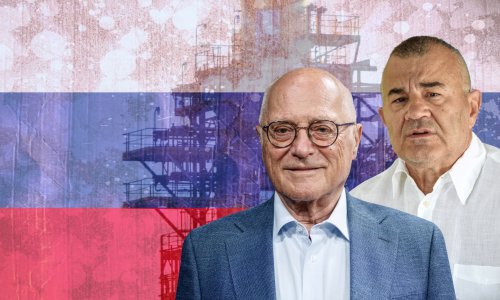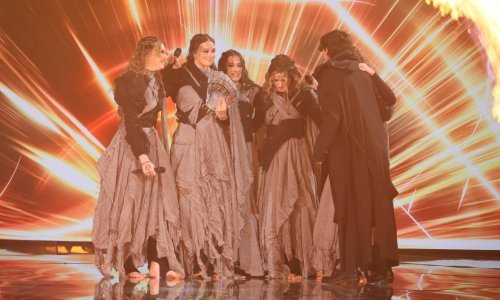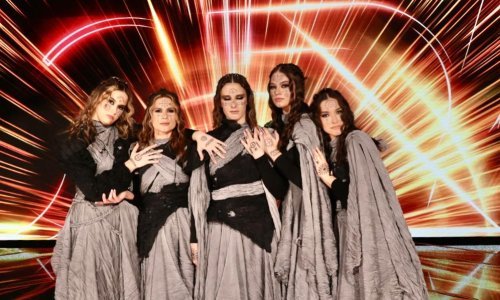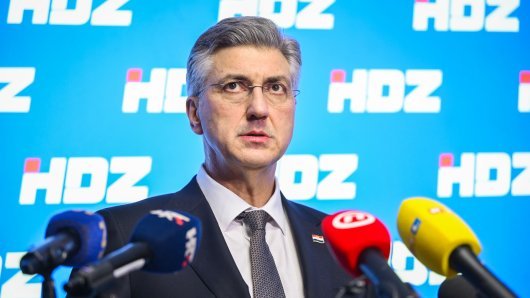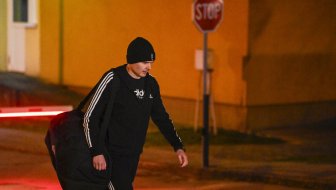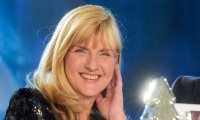Croatia's President Ivo Josipovic said in his speech at the Natolin campus of the College of Europe near Warsaw on Thursday that the European Union was shaken as a community and that many of its achievements were currently questionable, but Croatia wanted to join the Union and it was entering the EU with enthusiasm and faith in the European project, although it might seem now paradoxical.
Josipovic gave the lecture entitled "Croatia and the European Union: Facing new challenges" on the occasion of the Closing Ceremony of the Academic Year 2012/2013 at the Natolin campus.
Speaking of the reasons why Croatia wanted now to enter the European Union, the Croatian head of state said that the big crisis in the EU had been triggered off by economic causes and that this crisis was multifaceted; it is a crisis of vision, of leadership, as well as a crisis of values and a deep crisis of trust.
Although the EU is now shaken as a community, Croatia is becoming a full EU member in ten days' time despite the current situation, Josipovic said.
He said that peace and stability were the biggest incentives for Croatia to make huge effort and transform the state and reach the desirable goal of the EU membership.
Europe's political elite is faced with the question how to develop the EU in the circumstances of globalisation and maintain the specific character of a socially sensitive community, he added.
As for Croatia's EU accession, Croatia has had to fulfill usual conditions and also a series of specific requirements, Josipovic said.
We have had to put the judiciary in order and ensure the rule of law, launch a serious anti-corruption campaigns and adopt rules for the full respect of human and minority right, Josipovic said.
Croatia is bringing enthusiasm into the European Union and Croatia's accession will confirm that the enlargement is not a burden but a quality and challenge for the Union, he added.
Croatia will prove that the enlargement policy is the right policy, he said promising that Croatia would be a factor of stability and peace in its region and that it would advocate the further enlargement of the bloc.
The College of Europe, an independent university institute of postgraduate European studies with the main campus in Bruges, Belgium, was founded in 1949 by leading European figures and founding fathers of the European Union such as Salvador de Madariaga, Winston Churchill, Paul-Henri Spaak and Alcide De Gasperi. Since 1993 the college has also had an additional campus in Natolin, Poland, focusing on Central and Eastern European studies.



